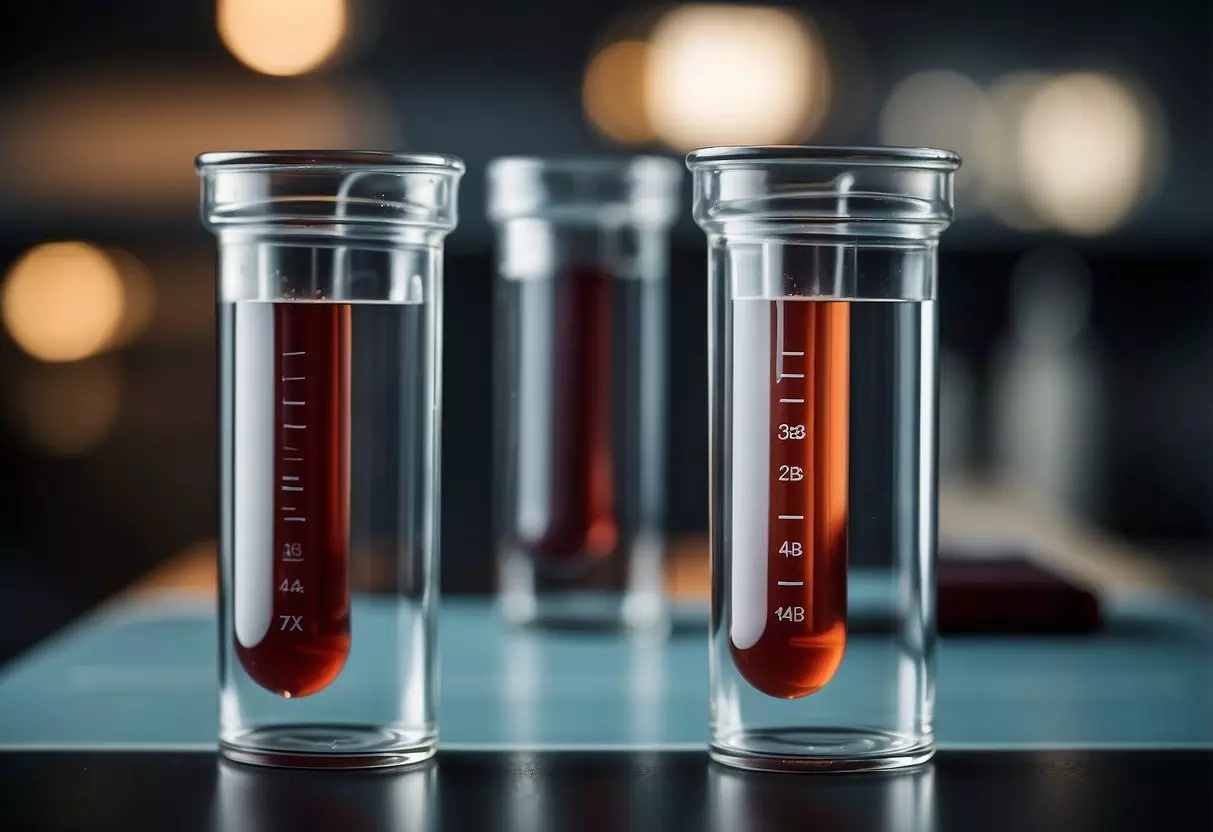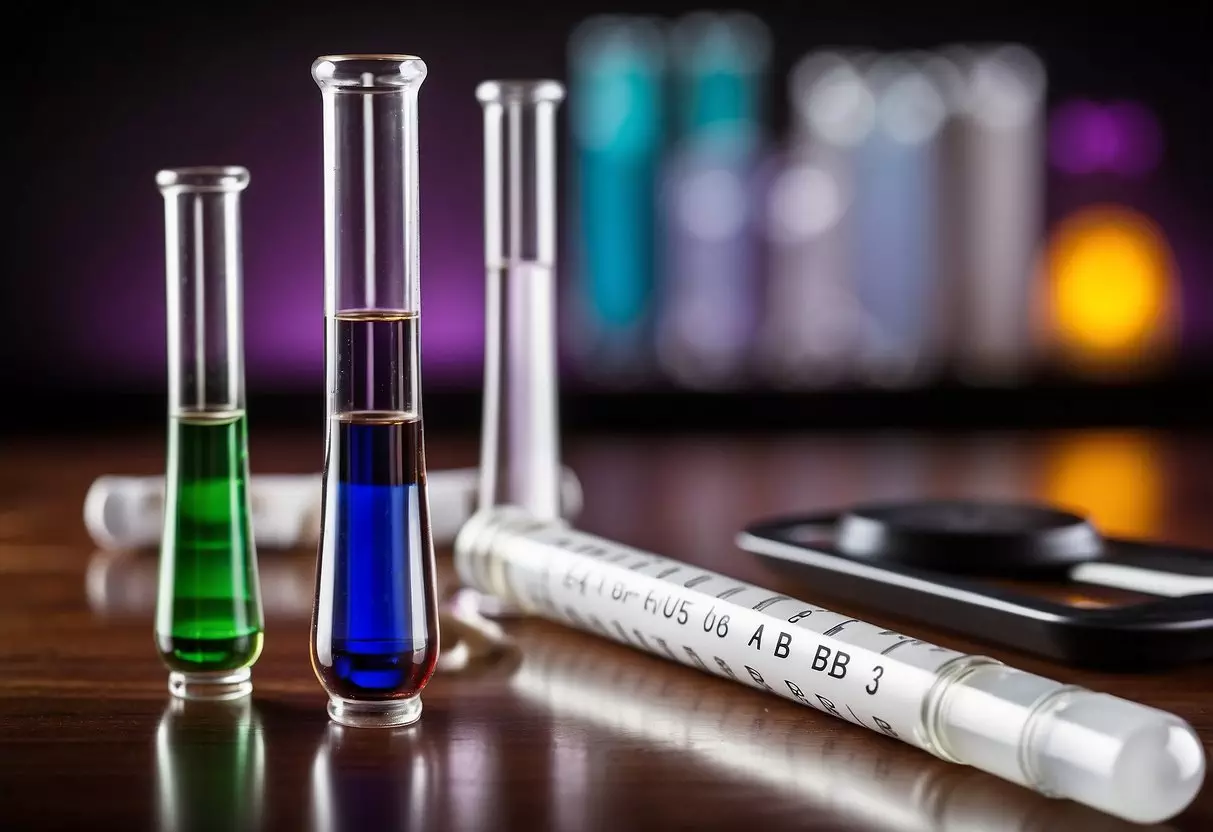Do Twins Have the Same Blood Type? Exploring Genetic Mysteries
Are you curious if twins always share the same blood type? The answer is that twins can have the same blood type, but it’s not guaranteed. This depends on whether the twins are fraternal or identical and the genetics they inherit from their parents.

Fraternal twins, who come from two different eggs, are more likely to have different blood types. Identical twins, on the other hand, come from a single egg and are more likely to share the same blood type. However, even identical twins can sometimes have different blood types due to small changes in DNA.
Understanding the relationship between twins and their blood types can be fascinating, and diving into the genetics behind it can explain why these variations occur. By exploring the details of how blood types are determined, you gain insight into the incredible complexity of human biology.
Table of Contents
Understanding Genetics and Twin Types
DNA plays a key role in determining blood types and the differences between monozygotic (identical) and dizygotic (fraternal) twins. This section covers the basics of genetics and how twin types can influence shared or differing blood traits.
The Basics of Genetics and Blood Types
Your blood type comes from genes passed down from your parents. Each parent gives you one ABO gene. These genes can be dominant (like A or B) or recessive (like O).
Your blood type can be A, B, AB, or O based on the combination of genes you get.
Identical twins share almost all of their genetic material because they come from the same fertilized egg. Fraternal twins, on the other hand, are no more alike than regular siblings in terms of genetic material because they come from different eggs and sperm.
Different Types of Twins: Monozygotic and Dizygotic
Monozygotic (identical) twins come from a single egg that splits into two. This means they have the same genes and usually have the same blood type. Any differences in their genes are extremely rare.
Dizygotic (fraternal) twins come from two different eggs and sperm. They share about 50% of their DNA, just like any other siblings. Fraternal twins can have different blood types, identical to how any other siblings can.
In rare situations, even identical twins might have different blood types due to mutations in their chromosomes. But this is not something you should expect to happen often.
Blood Type Determination in Twins

Twins can have the same or different blood types depending on their genetic makeup. The way blood types are inherited, combined with whether the twins are identical or fraternal, plays a significant role in determining their blood types.
How Blood Types Are Inherited
Blood types are determined by your genes. You inherit two alleles, one from each parent. These alleles can be A, B, or O, which combine to form your blood type (A, B, AB, or O).
The Rh factor, another genetic trait, can either be positive (+) or negative (-). Your blood type and Rh factor create your complete blood type, like A+ or O-.
Mutations can sometimes lead to unexpected blood type combinations. Though rare, changes in the DNA can happen during early development. These mutations can create small differences even between identical twins.
Comparing Blood Types in Monozygotic and Dizygotic Twins
Monozygotic twins, also known as identical twins, come from one fertilized egg that splits. They usually share the same DNA, so they almost always have the same blood type. But due to rare mutations, it’s possible they might have different blood types.
Dizygotic twins, or fraternal twins, develop from two separate eggs and sperm. They share about 50% of their DNA, similar to regular siblings. As a result, they often have different blood types. This is because their blood types are inherited independently, making it likely for each twin to get different combinations of alleles and Rh factors.
Twins can share a placenta or have separate ones, which sometimes affects their blood type compatibility and antibodies. Placental sharing can lead to unique conditions like chimerism, where twins exchange cells, possibly altering blood types.
Unique Health Considerations for Twins

When it comes to twins, there are several unique health considerations to keep in mind. Notably, twin-to-twin transfusion syndrome (TTTS) and chimerism can significantly impact their health and development.
Twin-to-Twin Transfusion Syndrome (TTTS)
Twin-to-Twin Transfusion Syndrome (TTTS) affects monozygotic twins who share a placenta. In TTTS, blood vessels in the placenta connect the twins’ circulatory systems. This can lead to one twin receiving too much blood (the recipient) and the other too little (the donor). The donor twin may suffer from anemia and growth problems due to insufficient blood supply, while the recipient twin risks heart failure due to excess blood.
Early diagnosis and monitoring are crucial. Treatments options include laser surgery to seal off the shared blood vessels and amnioreduction to reduce excess fluid.
Understanding Chimerism and Blood Type
Chimerism occurs when an individual has two sets of DNA. This can happen in twins if they exchange cells in the womb. This rare condition can lead to twins having different blood types, even if they are monozygotic.
Chimerism can be detected through DNA tests. It is crucial for accurate blood transfusions and bone marrow transplants. In some cases, chimerism may cause one twin to carry cells from the other, affecting their health uniquely.
Understanding these unique health considerations helps ensure you can provide appropriate care and interventions for twins.
